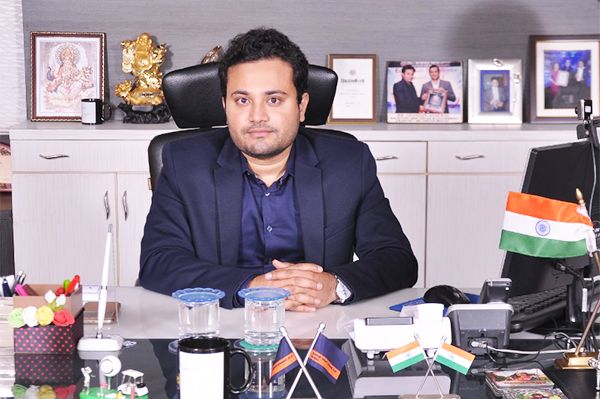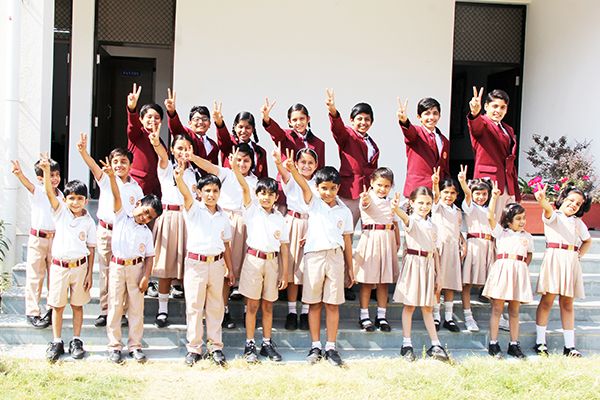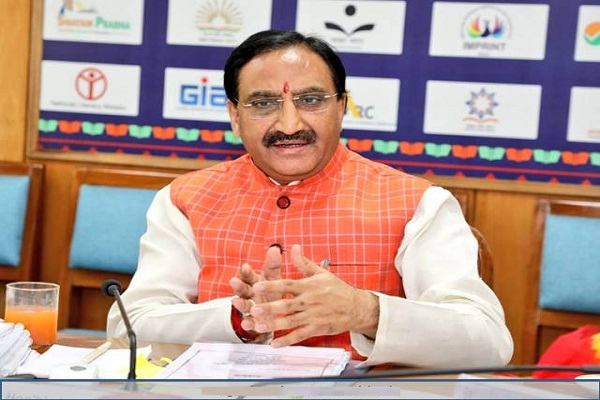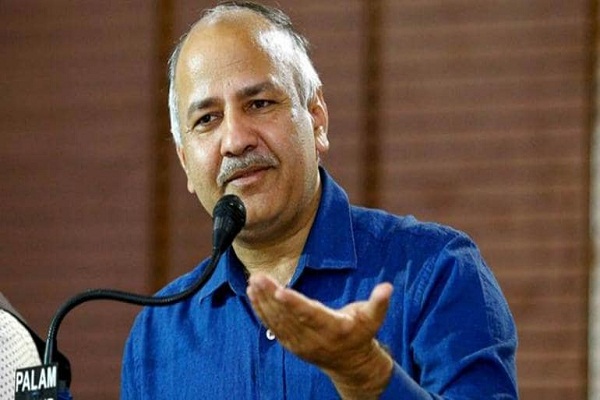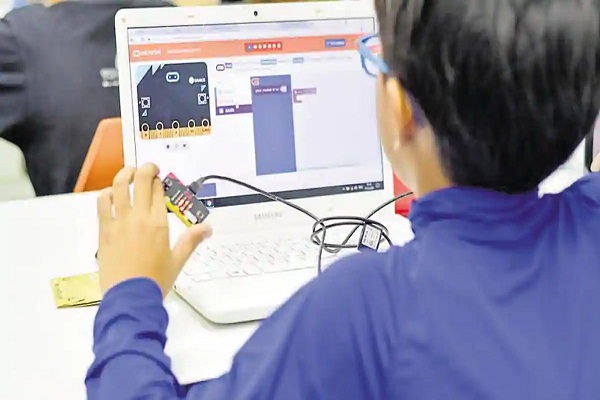The NEP while making some welcome recommendations which look at improving student learning outcomes also validates what we have already been doing in Gitanjali, says Madhvi Chandra, Associate Director, Gitanjali Group of Schools in an interview with Elets News Network (ENN).
Gitanjali Group of schools is one of the premier schools in South India, how did the journey start and what was the idea behind it?
Gitanjali School Begumpet was started with the dream of proving quality education to all by our Chairman Mr Uma Karan and our founder Principal and Director Mrs Gita Karan in 1985 with just 200 students. Gita Karan has been an educator with over 40 years of experience and is a recipient of the National Award for Best Teacher by our then President Dr. A.P.J. Abdul Kalam. Since inception the school has grown from strength to strength, keeping the promise of providing world class education to students across their 6 campuses. ICSE, CBSE and Cambridge curriculum are taught through inquiry based activities in a safe and comfortable environment leading to a growth mindset. The Gitanjali Group continues to innovate in teaching methodology and cultivate lifelong learning within our student and teacher community.
Also read: Teaching Learning process in Engineering Education post-Pandemic
What are the changes Gitanjali Group of Schools is bringing to its curriculum due to NEP, 2020?
The NEP while making some welcome recommendations which look at improving student learning outcomes also validates what we have already been doing in Gitanjali. We have successfully built skills of inquiry and problem solving in our children by encouraging divergent thinking through team activities. Experiential learning is encouraged through hands-on activities for conceptual clarity. Pre-vocational training provided encourages creativity while developing money management and entrepreneurial skills.
How will Gitanjali inculcate life skills within students as the future for them is rapidly changing?
At Gitanjali we aim for holistic effectiveness so children don’t just have knowledge but also the skills along with the correct values. Over the years we have developed our own unique method combining different systems and pedagogies through innovations done in school. Each activity planned encourages students to practice different skills. We make it easy for children, parents and teachers to work together as a team and in the process build an ethos of learning by doing. We put into action the belief that each of us is responsible for both our happiness and that of others by establishing a culture of tolerance, empathy, collaboration, curiosity, grit and perseverance.
How was the Gitanjali Group of schools journey from physical to online classes?
During these unprecedented times we found that our love for what we do helped us to turn challenges to opportunities and opened up new possibilities. We transformed almost immediately and moved online with a comprehensive and well thought out programme that included physical activities like yoga, karate, music, dance, art and PE. Projects and presentations; celebrations and webinars not only added to the enjoyment but also created enriching learning experiences for the students. Using technology to engage and interact, we were able to provide students with emotional and social support. Collaborating with their peer from other schools in India and abroad encouraged them to learn new skills while developing a global outlook.










